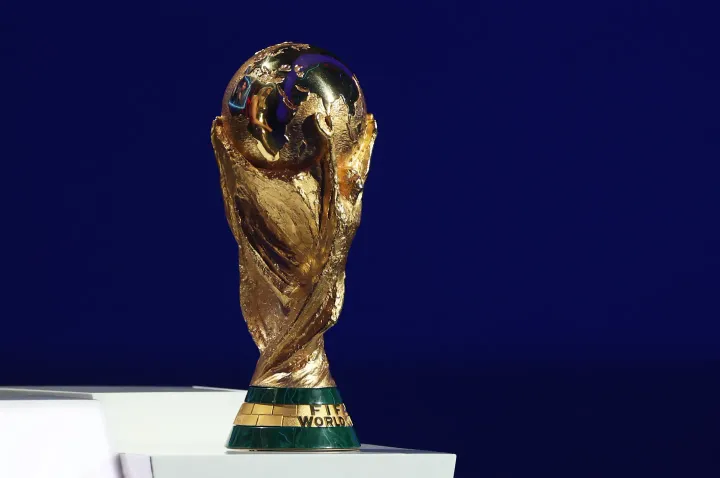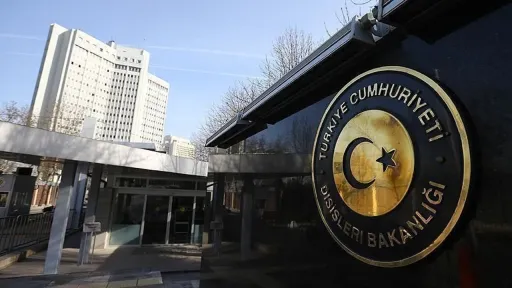By Lynn Wachira
In her prime, Jean Sseninde would put herself on the line to defend the goal. So, when she admits that "Africa hasn't embraced women's football yet", you know it's taken a moment of weary resignation for the former Crested Cranes and Queens Park Rangers defender to let one through.
Sseninde's comments about developing the women's game in Africa comes on the eve of what promises to be a landmark 2023 FIFA Women's World Cup in Australia and New Zealand, starting July 20.
Four African teams – Morocco, Zambia, South Africa and Nigeria – are competing for the trophy in this edition of the tournament, but the former Ugandan star believes it will be tough going for them while facing countries that have taken rapid strides in the sport, compared to the "snail's pace" at which the continent has advanced.
Sseninde should know. When she landed in England from Uganda at 20, she quickly realised that women's football there was a whole new ball game.
"I was in shock when I saw that women's football in England was big enough to be on television even back then, while no one spoke about what we were doing in Uganda," she tells TRT Afrika.
"And to see girls as young as four training and doing incredible things on the pitch, I really couldn't believe my eyes."
Sseninde was introduced to serious football coaching only in high school, about four years before her breakthrough that saw her sign a professional contract with Charlton Athletic WFC in 2012.
"Players much younger than me were distinctively better tactically, and I had to play a lot of catch up," she recalls.
Fast forward to 10 years later, and Sseninde is back to help develop women’s football in her homeland Uganda. She is passionate about growing women's football not only in Uganda, but across the continent.
"Global stars who started before us are competing with an advantage already," says Sseninde, who is now a UEFA level B-licensed coach and runs the Jean Sseninde Foundation that nurtures talent from the grass roots in Uganda.
Africa's position
The 32-team Women's World Cup draw has pitched the African quartet of South Africa, Nigeria, and the debutante pair of Morocco and Zambia against some of the toughest teams.
South Africa are the current African champions, with a stellar record in the Women's Africa Cup of Nations, but the Super Falcons from Nigeria are the most experienced. The Falcons, quarter-finalists at the 1999 Women's World Cup, will be making their ninth appearance at the tournament, having debuted in 1991.
While experience counts at the highest level, Nigeria's recent form has left a lot to be desired. Although ranked 40th by FIFA, the highest among the African quartet, the Super Falcons have to contend with the reality of being at the bottom of Group B, where they will face Canada (7th), hosts Australia (20th) and Ireland (22nd).
In their ranks, the Super Falcons have Asisat Oshoala, the Barcelona Femeni forward who is listed by FIFA as one of the five icons to watch out for at the World Cup.
There is also the redoubtable Onome Ebi, captain of the team and the only African footballer — male or female — to be part of six World Cups. Atletico Madrid's striker, Rasheedat Ajibade, is another potential star.
South Africa, endearingly called Banyana Banyana, finally dethroned the Super Falcons at the Women's Africa Cup of Nations last year after finishing second five times and third on two occasions. In their only previous World Cup appearance in 2019, South Africa did not advance past the group stage.
Desiree Ellis and her charges will take on 2019 semifinalists Sweden, Argentina and Italy in Group B, with Thembi Kgatlana the star player to watch out for in the team. The 27-year-old scored Banyana Banyana's only World Cup goal when they played against Spain in 2019.
Morocco hosted the 2022 Women's Africa Cup of Nations and reached their first final, falling to South Africa at the last hurdle. The Atlas Lionesses are seen as a fast-rising team in the women's game.
Ranked 72nd by FIFA, the Atlas Lionesses can draw inspiration from the dream run till the semifinal of their male counterparts at the 2022 FIFA World Cup in Qatar.
But they have their task cut out, having been drawn against two-time winners Germany (2nd), South Korea (17th) and Colombia (25th) in Group H.
Tottenham Hotspur forward, Rosella Ayane, is the glue that keeps the Morocco attack together. The former England under-19 player is in a rich vein of form, scoring seven goals in her last 15 matches.
The Copper Queens of Zambia, who also competed at the Tokyo 2020 Olympics, are no pushovers either. Led by the irrepressible Barbra Banda, their stunning 3-2 defeat of two-time world champions Germany on the latter's home turf recently have raised expectations of a giant-killing act or two at the World Cup.
The Copper Queens are the lowest-ranked team of the tournament at 77th, and are placed in Group C alongside Spain (6th), Japan (11th) and Costa Rica (36th).
A new kick-off
Sseninde advises all four African teams in the expanded World Cup draw to embrace the tournament as an inspiration and opportunity to develop their game
"You can say that this time round, it is an expanded tournament; so, everyone gets to come around. At the same time, it is our opportunity to have four teams in the field, and we have to use that wisely," says the retired defender.
"We will watch more African players inspiring our little girls to play football, while many parents and sponsors get to understand that women's football has a place in Africa."
The former Charlton Athletic player also calls on those who have made it in the game from Africa to return to their roots and help young girls come through to the top level.
While Sseninde is cagey about the prospects of the African teams at this Women's World Cup, she maintains that a side from the continent has the potential to win the competition in future.
"To be honest, women’s football has not yet been fully embraced in Africa to the level that we need to, a lot of stakeholders still see their involvement in the game as a favour, hindering real investment in the game."
She cites as an example the recent stand-off over pay between Banyana Banyana and the South Africa Football Association that saw the team boycott a friendly against Botswana.
“It was unfortunate to see the name-calling against Banyana even by football officials. Male footballers' complaints have always been taken seriously, while women who are standing up for themselves are seen as disrespectful," rues Sseninde.
“We are expected to take whatever is given, always obey, and stay silent. I encourage women to keep fighting and standing up for themselves so as to make it better for the young African girls dreaming of football success."
Women’s football in Africa continues to be riddled with complaints of low pay.
But despite all the hurdles, Africa is still looking forward to cheering its teams in Australia and New Zealand as women's football and fans across the continent wait with bated breath for the breakthrough moment.
























